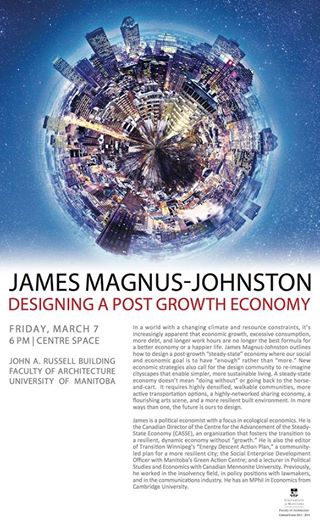Manitoba
You are here
Uniquely Manitoba
 Thursday, March 20th
Thursday, March 20th
12:00(noon)pm – 4:00pm
Fashion Show/Aboriginal Art displays/Ceremonies
Aboriginal Center (Central Rotunda Room on Main Floor)
181 Higgins Avenue Winnipeg, Manitoba
Call: Darlene Dolinski at (204)261-5373
National Thrift Shop Development Coordinator
All MCC workers are expected to exhibit a commitment to: a personal Christian faith and discipleship; active church membership; and nonviolent peacemaking.
MCC is an equal opportunity employer, committed to employment equity. MCC values diversity and invites all qualified candidates to apply.
Food Security and Livelihoods Coordinator
All MCC workers are expected to exhibit a commitment to: a personal Christian faith and discipleship; active church membership; and nonviolent peacemaking.
MCC is an equal opportunity employer, committed to employment equity. MCC values diversity and invites all qualified candidates to apply.
Synopsis:
The Food Security and Livelihoods (FSL) Coordinator is a member of the Planning, Learning and Disaster Response (PLDR) department and is supervised by one of the department’s Co-Directors. The coordinator works to:
Institutional Food Program Manager
Food Secure Canada (FSC) is looking for an experienced individual to play a leadership role in a program which aims to drive sustainable food procurement in institutions. The work is a partnership between Food Secure Canada and the J.W. McConnell Family Foundation’s Sustainable Food Systems Initiative. The contract is for three years with an initial six month probation period. This person is ideally located in Montreal although other locations will be considered.
Designing a Post Growth Economy
John A. Russell Building
Faculty of Architecture
UNiversity of Manitoba
In a world with a changing climate and resource constraints, it’s increasingly apparent that economic growth, excessive consumption, more debt, and longer work hours are no longer the best formula for a better economy or a happier life. James Magnus-Johnston outlines how to design a post-growth “steady-state” economy where our social and economic goal is to have “enough” rather than “more.” New economic strategies also call for the design community to re-imagine cityscapes that enable simpler, more sustainable living. A steady-state economy doesn’t mean “doing without” or going back to the horse-and-cart. It requires highly densified, walkable communities, more active transportation options, a highly-networked sharing economy, a flourishing arts scene, and a more resilient built environment. In more ways than one, the future is ours to design.
James is a political economist with a focus in ecological economics. He is the Canadian Director of the Centre for the Advancement of the Steady-State Economy (CASSE), an organization that fosters the transition to a resilient, dynamic economy without “growth.” He is also the editor of Transition Winnipeg’s “Energy Descent Action Plan,” a community-led plan for a more resilient city; the Social Enterprise Development Officer with Manitoba’s Green Action Centre; and a lecturer in Political Studies and Economics with Canadian Mennonite University. Previously, he worked in the insolvency field, in policy positions with lawmakers, and in the communications industry. He has an MPhil in Economics from Cambridge University.
